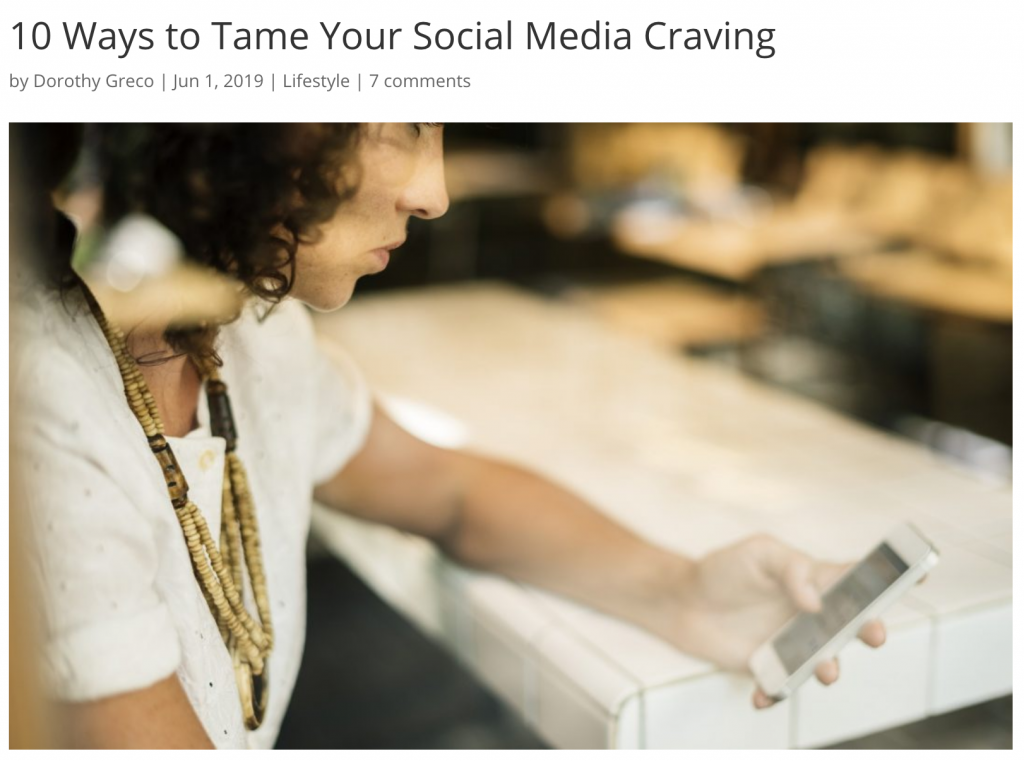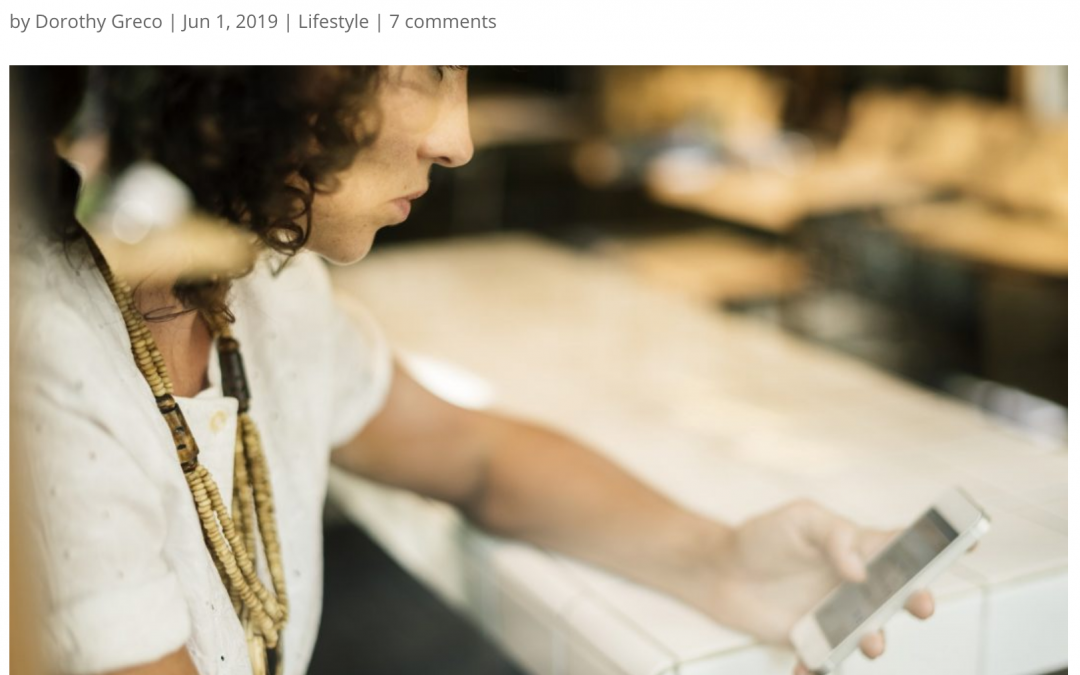
Loneliness in the United States has now reached epidemic levels. A recent studyby Cigna Health Service Company revealed that “two in five Americans sometimes or always feel that their relationships are not meaningful… and one in five report they rarely or never feel close to people.” This is curious given the unprecedented opportunities we have to connect with each other through modern technology.
Loneliness is much more than a subjective feeling. It contributes to higher rates of anxiety, depression, and suicide, particularly among Millennials and Gen Z (also known as iGen). Author and researcher Jean Twenge wrote in an article for The Atlantic, “It’s not an exaggeration to describe iGen as being on the brink of the worst mental-health crisis in decades.”
Twenge and others trace this mental health crises, at least in part, to our reliance upon hand-held devices and social media. As an article in Forbes Magazineexplained, “Though we temporarily feel better when we engage others virtually, these connections tend to be superficial and ultimately dissatisfying.”
To read the remainder of this article, please click this link to The Redbud Post.
